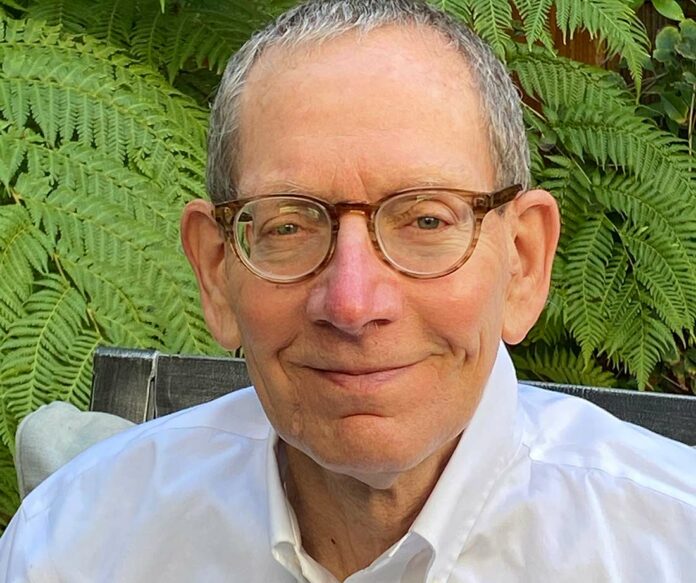The acronym “SOS” stands for save our ship. It can also stand for sorting, othering, and siloing, which is how the acronym is used in “I Never Thought of It That Way: How to Have Fearlessly Curious Conversations in Dangerously Divided Times,” written by Monica Guzman.
Ms. Guzman argues that the heightened partisanship existing in our country results from this latter SOS. We separate (ie. sort) ourselves physically from those with whom we disagree in terms of where we choose to live and with whom we choose to associate, we demonize (ie.; othering) those with whom we do not agree, and we restrict the information we access to information that aligns with our beliefs (ie.; siloing).
According to Ms. Guzman, the way to dissolve this latter “SOS” is to learn to be better at being curious. She outlines steps for how to improve your curiosity skills, including choosing the right time to communicate, paying attention, creating parity between the parties who are at loggerheads, containing the dispute solely to the parties and not to a broad audience, and bringing your entire toolbox of communication skills to the discussion.
It seemed appropriate for me to read Ms. Guzman’s book as I continue to pursue the goal of bringing an expanded community-based mediation program to Los Gatos (Los Gatos has a residential landlord-tenant mediation program), since the essence of mediation is civil communication with, and attentiveness to, the other party, in an environment that is comfortable and non-threatening. Mediation requires putting yourself in the other person’s shoes (ie.; not siloing). Skilled mediators also carefully consider whether the time is ripe for a discussion.
The partisan bickering occurring on the national level has seeped into our town to a potentially dangerous degree. This heightened level of anger should set off alarms in all of us who care about our community. It led me to begin the slow and deliberative process of bringing more community-based mediation to our town.
Los Gatos is behind in terms of its utilization of community-based mediation. By way of example, Palo Alto has had a robust community-based mediation program for several decades. Its program, administered through Project Sentinel, handles landlord-tenant disputes, neighbor to neighbor disputes, and merchant-customer disputes, to name a few areas it covers.
I contacted Project Sentinel, which, in addition to administering Palo Alto’s mediation program and the mediation programs in many other communities, administers the Los Gatos Landlord-Tenant program. They expressed a willingness to assist in growing the Los Gatos Program and suggested some possible areas we might consider expanding the program into.
Next, I met with Barbara Fishman and Brian Bernasconi, two very experienced local mediators. We agreed to preliminarily focus on expanding the landlord-tenant aspect of the program in Los Gatos to include commercial landlord-tenant disputes, given the difficult issues arising in this context due to the pandemic.
We also decided to focus on restorative justice situations, where a relatively minor offense occurs and, rather than submitting it to the courts, the victim and the perpetrator come together to try to amicably involve the situation.
Further, we decided to consider addressing parent-teen disputes, after hearing stories about such controversies being prevalent.
Currently we are investigating whether the need for mediation in these areas justifies our engagement, and what services currently exist to address these areas.
We are also contacting administrators, community leaders and others, who might support our endeavor.
Our work is in the initial stages. We welcome any individuals who are willing to contribute time and expertise to moving on a path toward dissolving the SOS (ie.; sorting, othering and siloing) in our town. Anyone who is interested in helping should contact me at bl*****@*ol.com.
Jeffrey P. Blum is a family law mediator who lives in Los Gatos.










